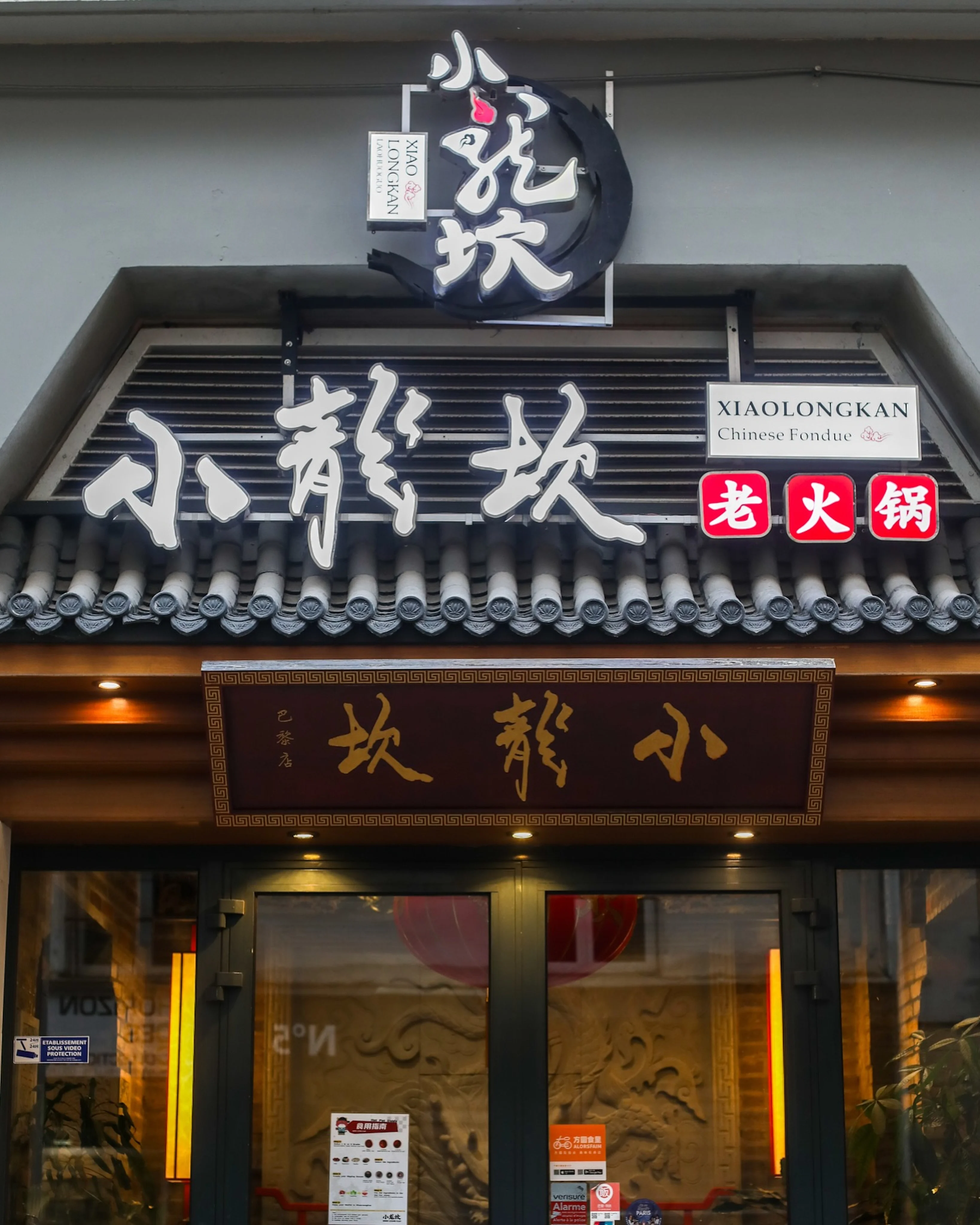By Xiaofei Xu
Copyright scmp

A set of heavy Chinese wooden doors, slightly incongruous with the classical European streetscapes most associated with Paris, separates Sun Yiwen’s restaurant from the wine and cheese vendors that are traditional culinary landmarks in the French capital.
Visitors crossing its threshold find themselves transported to a world of kaochuan – seasoned meat skewers popular in northeastern China – grilled chicken ribs and frozen pears.
Her restaurant, Tonton Mao – “Uncle Mao” in French – is one of many new establishments rapidly expanding the Chinese culinary footprint in Paris.
The gastronomic capital of Europe now has plenty to offer gourmets searching for authentic Chinese cuisine, reflecting the arrival of a new generation of young, well-off immigrants and the country’s improving image in France.
“Unlike before, Chinese restaurants in Paris now target a different customer group; there are a lot more young people in the city,” Sun said.
Her restaurant’s kaochuan is prepared by chefs flown in from Shenyang, the capital of northeast China’s Liaoning province, and its decor harks back to China in the 1920s and 1930s.
Most Chinese restaurants in France opened by previous generations of immigrants were called traiteurs – caterers in French – and resembled the Chinese restaurants found in the United States or the United Kingdom, offering affordable buffet-style Chinese food adjusted to Western tastes.
At that time, thanks in part to French media reports, there was a general perception of Chinese people being poor and running dirty, chaotic kitchens.
“When I was young, French media did many documentaries on poor Chinese immigrants coming to France, many through the former French colonies in Southeast Asia,” said Julien Tan, a third-generation French-Chinese born and raised in Paris.
These stereotypes were a detriment to immigrant business owners; Tan said he remembers the views of the French public towards Chinese restaurants decades ago, when his parents opened a restaurant in Paris that sold authentic regional cuisine – a rarity in those days.
But now, he said, a new generation of Chinese immigrants is changing things.
China was the third-biggest source of foreign students in France last year, with over 26,000 students studying in Europe’s second-biggest economy, behind only Morocco and Algeria, according to data from Campus France, the national agency that promotes French higher education internationally.
This cohort grew up during China’s economic boom and remain in touch with their country’s culture. With clear memories of home, they demand the same quality level of Chinese food when they are in Paris, creating a new standard for the city’s restaurants to meet
Chen Ruohan is one such student. She arrived in the French capital in 2022, and said she has noticed an increasing number of authentic Chinese restaurants.
Among her favourite additions to Paris’ food scene, she said, is a Chaoshan beef hotpot restaurant that opened last year.
“I’m so happy that they finally have this,” Chen said. “I wish for Paris to keep advancing down this path. Hopefully, one day we can reach New York’s level.”
There is definitely a rise in China’s soft power; it is going through what Japan went through decades ago
Julien Tan, third-generation French-Chinese
China’s image has also been changing in France, especially among young fans of Labubu – the toothy, elfin dolls that sparked a worldwide craze – and cutting-edge Chinese tech products.
“There is definitely a rise in China’s soft power; it is going through what Japan went through decades ago,” Tan said. “China is turning from being poor to being chic and fascinating.”
He said locals were now more open to trying authentic Chinese food, which gives restaurateurs more room to try out things that are new and different.
But others said there is still a long way to go for China’s cuisine to reach the familiarity and admiration that others enjoy in Paris.
“In Japanese restaurants you see many French people there by themselves, while in most good Chinese places, they were brought there by their Chinese friends,” Chen said.
But for the Chinese community in the city, especially those who have been there for generations, the current boom of authentic restaurants is a long-overdue moment of pride and recognition for the community.
“The talent and potential have always been there,” Tan said. “Now, finally, they can shine.”



